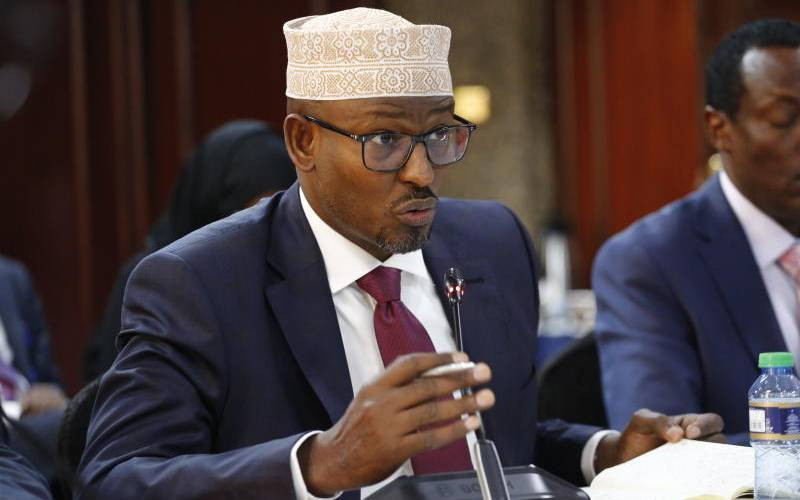In a bold move, governors across Kenya are calling for reallocating funds originally designated for government-subsidized fertilizer. They propose that this money be distributed directly to counties as grants, allowing local governments to procure farm inputs that are better suited to their unique soil conditions. Leading this initiative, Tharaka Nithi Governor Muthomi Njuki emphasized that the idea of a “one-size-fits-all” fertilizer solution is fundamentally flawed, given the diverse agricultural needs across the country.
During a press briefing held alongside a Consultative Meeting with the Ministry of Agriculture and Livestock Development, Governor Njuki expressed concerns over past fertilizer procurement practices, which he described as disappointing for farmers nationwide. Many farmers felt shortchanged, reporting issues such as poor-quality fertilizer that did not match their crop requirements. “We cannot expect all counties to thrive using the same type of fertilizer,” Njuki asserted. “Each county has different agricultural needs, from maize to potatoes and sorghum.”
Njuki further highlighted that taxpayer money should be utilized in a way that directly benefits local agricultural practices. “Soils vary significantly across counties, some of which may be overexhausted or acidic. This funding can be used to purchase lime to improve soil health, tailored to each region’s specific conditions,” he explained. He also noted that the timing of fertilizer distribution has been problematic, as different counties experience varying rainy seasons.
Council of Governors Chairperson Ahmed Abdullahi echoed these sentiments, stressing the importance of collaboration between national and county governments. “The constitutional framework is clear: the national government sets policy, while counties handle operational implementation. Effective communication is essential to ensure that policies align with on-the-ground realities,” he said.
The governors believe that allocating resources directly to counties will enable them to plan better according to their local agricultural cycles and needs, leading to more effective use of resources. “Rather than forcing counties to distribute fertilizers from a central location, we propose that funds be given directly to counties as grants. Farmers have voiced their preferences in their County Integrated Development Plans, yet they continue to receive fertilizers ill-suited for their crops,” Njuki added.
Additionally, the governors pointed out that Kenya has the potential to produce sufficient edible oil domestically, rather than relying on imports. They criticized the current management of sunflower seeds, which were granted to farmers last year but remain unused due to burdensome conditions linked to fertilizer distribution. “This approach turns seeds into leverage rather than support for farmers,” Njuki remarked.
In response, Agriculture CS Andrew Karanja affirmed the government’s commitment to enhancing food and nutrition security through a value-chain budgeting approach, focusing on key agricultural sectors. “Our goal is to reduce imports while boosting exports, thereby increasing farmers’ incomes,” Karanja stated.
The governors’ push for more localized and flexible agricultural funding could represent a significant shift in Kenya’s agricultural policy, ensuring that resources truly meet the needs of farmers across diverse regions.





